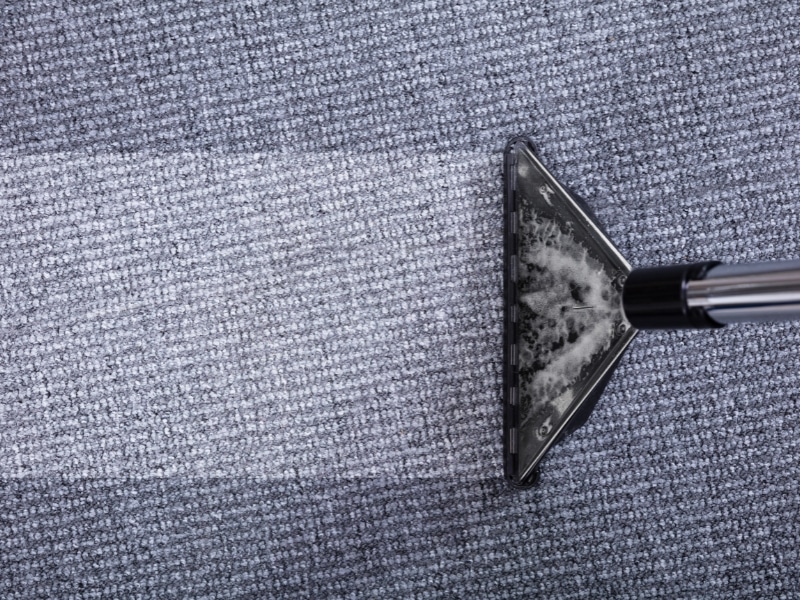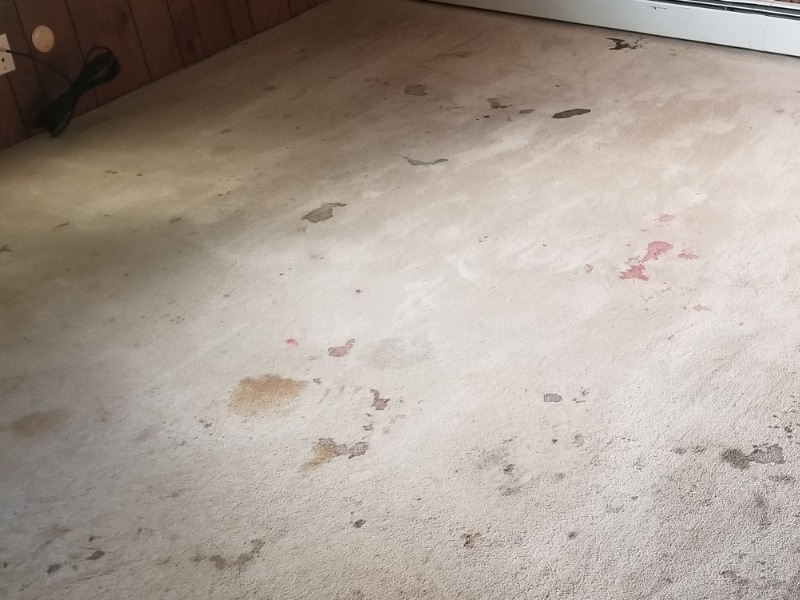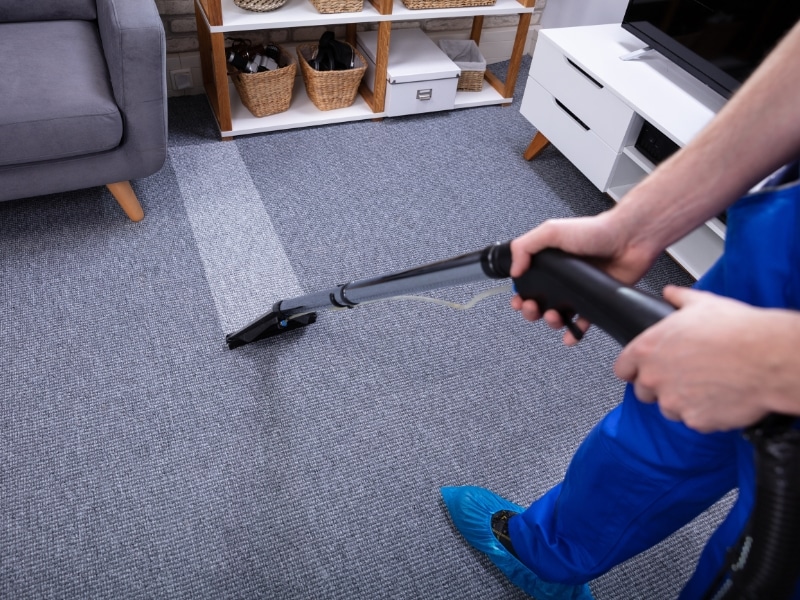A clean home isn’t just about appearances — it can have a significant impact on health and wellbeing, especially in supported living environments. Carpets tend to hide more than just crumbs and dust. They trap allergens, bacteria, and odours that can affect indoor air quality and comfort. For NDIS participants, regular cleaning isn’t always easy to manage alone, which is why services tailored to this need are so essential. This article explores how NDIS carpet cleaning plays a key role in maintaining safe, healthy indoor spaces.
Why are unclean carpets a hidden risk in supported homes?
Carpets are often overlooked during regular cleaning, yet they’re one of the biggest collectors of allergens and bacteria in any room. For NDIS participants, this can mean higher exposure to pollutants that trigger asthma, allergies, or skin sensitivities—the risk multiplies in shared living spaces where hygiene standards vary.
- Dust mites thrive in damp or dirty carpet fibres
- Spilled liquids can lead to mould growth if not removed properly
- Strong odours and unsightly stains can impact overall comfort
- Carpet build-up can worsen indoor air quality over time
Homes under the NDIS program benefit from professional carpet cleaning services that go beyond regular vacuuming, helping to eliminate hidden contaminants and reduce the impacts of poor indoor air quality on respiratory health.
What overlooked effects can dirty carpets have indoors?
Even when the floors look clean, it’s easy to miss what’s hiding deep in the fibres. Carpets act like filters — they trap everything from crumbs to pet hair, and over time, all that muck gets stirred up again. You might not notice it straight away, but it can affect how fresh the place feels.
- Allergens from dirty carpets circulate in the home
- Moisture trapped in carpet padding can invite bacteria
- Unpleasant smells linger longer in unclean fibres
- Particles can damage respiratory health, especially for vulnerable users
That’s why more carers are recognising the importance of carpet cleaning for NDIS homes — not just for health, but for helping participants feel more comfortable and at ease in their space.
Could poor carpet hygiene impact NDIS participant wellbeing?
Living in a clean and healthy environment is a basic need, not a luxury. For people receiving NDIS support, unmanaged hygiene can quickly affect daily life and emotional wellbeing. Dirty carpets can contribute to more than physical health issues — they may also affect mental comfort and confidence at home.
- Increased dust or odours can make a home feel “uncared for”
- Participants may avoid using certain rooms due to smell or discomfort
- Embarrassment about stained carpets might reduce social visits or carers’ ease of work
- Dirty floors can be a trip hazard if fibres mat down unevenly
This makes a strong case for targeted cleaning support under NDIS, especially for those who can’t maintain carpets on their own due to disability or mobility issues.
How can NDIS carpet cleaning improve daily living conditions?
A professionally cleaned carpet does more than just look neat — it helps create a space that’s healthier and easier to live in. NDIS-approved cleaning services are designed with accessibility in mind, offering flexible scheduling and safe, hypoallergenic products that suit participants’ health needs.
Here’s how different aspects of NDIS carpet cleaning can directly improve everyday comfort:
| Benefit Area | Impact on Daily Living |
| Air quality | Removes allergens and dust, making breathing easier indoors |
| Floor safety | Reduces trip risks from uneven or dirty carpet fibres |
| Mental wellbeing | Clean, fresh spaces improve mood and reduce sensory stress |
| Home presentation | Boosts confidence when having carers, visitors, or support in |
| Routine management | Regular services align with NDIS plans and daily structure |
- Regular deep cleaning removes dust, pet hair, and unseen allergens
- Steam cleaning helps kill bacteria and refresh fibres
- Freshly cleaned carpets feel more comfortable underfoot
- Reduces smells, boosting confidence in home cleanliness
This kind of service directly supports household upkeep goals — especially for those looking to discover household support solutions tailored to participant routines.
What makes NDIS carpet cleaning essential for indoor comfort?
You don’t have to see dirt for it to be a problem. Carpets can hold onto smells, allergens and even germs that affect your comfort without you realising. This can be especially true for homes where people have sensitivities or health conditions supported under NDIS plans.
- Better-smelling rooms lift the mood and improve comfort
- Soft, clean fibres support sensory wellbeing
- Consistent carpet hygiene helps reduce triggers for sensitivities
- Minimises skin irritation for those who spend time on the floor
Many participants and support workers are now more aware of the importance of cleaning a dirty carpet to maintain hygiene, as even minor improvements can make daily routines more manageable.
When is the best time to arrange NDIS carpet cleaning services?
While there’s no single rule for how often to clean carpets, supported homes should follow a schedule that balances usage and participant needs. Some NDIS participants may need more frequent cleanings due to allergies, while others may benefit from seasonal refreshes.
- High-traffic homes gather dirt faster than private rooms
- Participants with pets or asthma may need more frequent service
- Scheduling around routines keeps disruption to a minimum
- Align cleanings with NDIS household task plans for smoother coordination
The best time to arrange NDIS carpet cleaning services depends on the individual needs of participants and the level of foot traffic in the home. By aligning cleanings with NDIS support plans and household routines, you can maintain a healthier living environment with minimal disruption.
How does a cleaner environment impact daily NDIS routines?
A tidy, fresh-smelling home sets the tone for the whole day. When floors are clean, participants can move more confidently, carers can work more efficiently, and the entire space feels more settled. Regular ndis carpet cleaning plays a role in improving these everyday experiences.
- Carers spend less time on daily spot cleaning
- Participants are more likely to engage in home activities
- Clean spaces promote a sense of control and independence
- Reduces distractions and discomfort from smells or dust
Living in a well-maintained environment helps participants stick to routines, avoid sensory disruptions, and feel more grounded in their daily lives.
Final thoughts
Carpets often take a back seat to other household tasks, but their impact runs deep — from health to comfort to confidence. Investing in scheduled carpet cleaning under NDIS plans helps participants stay healthier and feel more at home. For those looking to maintain a cleaner, more supportive living environment, it’s worth exploring how Ahsan Care Provider assists with everyday home tasks that align with your routine and care needs.




